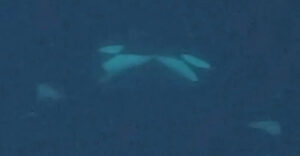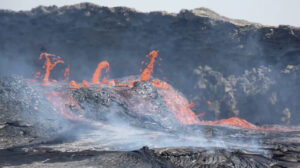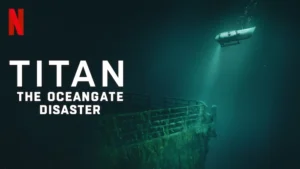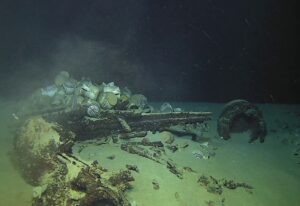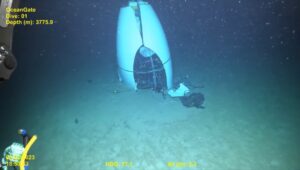An increase in killer whale attacks on small boats has caused scientists to reconsider how people should interact with these apex predators.
Officials have now recorded numerous orca attacks on vessels along the coast of Spain and Portugal. Although scientists believe the whales might just be “playing,” the consequences have been very real.
The two latest incidents occurred on the same day, July 31, and likely from the same pod of orcas.
The first incident, which local Portuguese media described as “very much worse than usual”, involved orcas ramming a small sailboat about 11km off the coast of Sines, The Sun reported. When the vessel started to sink, the five tourists escaped on life rafts and radioed for help. A fishing boat eventually rescued them.
Just hours later in the same area, orcas butted another small sailing boat with two men on board, The Portugal Resident reported. The men were asleep when the whales hit the boat and bit the rudder, leaving it immobile.
“The boat was later towed to dry dock, as concern among the sailing fraternity about these incidents is rising,” the article said.
Increasing incidence
Encounters between orcas and fishing boats along the Spanish coast began in the summer of 2020, Spanish News Today reported. In about a year, the country recorded 236 such interactions, with 20 percent occurring in the Strait of Gibraltar.
Marine scientists pointed out that “there has never been an attack or death,” as in an encounter where an orca has acted violently toward a human. However, these incidents has caused wildlife experts to rethink their advice for sailors and tourists.

A map of aggressive orca incidents off the northwest coast of Spain during August 2022. Image: Atlantic Orca Working Group
New recommendations
To find solutions, wildlife experts joined with the Spanish and Portuguese governments to form the Atlantic Orca Working Group. The organization investigates these new animal-boat interactions and offers advice on best practices.
Last week, biologist Alfredo Lopez presented new advice about how vessels can minimize the damage these encounters cause. Originally published as an opinion column in Portuguese, the English translation can be found here.
It’s likely impossible to fully avoid the encounters with orcas, Lopez said. The whales’ behavior could be self-induced or obsessive, based on a “hostile situation in which some specimens had a bad time in front of a sailboat,” he said.
“The working group proposed an action protocol, consisting of stopping or reducing the speed of the vessel, leaving the rudder free, and turning off the electronics with the exception of the radio, given that we interpret that speed is a motivation for cetaceans and for the orcas in particular,” wrote Lopez, who works for the Coordinator for the Study of Marine Mammals (CEMMA). “The use of the protocol does not eliminate the interaction, but in most cases, it is shorter and less intense.”

The safety recommendations from the Atlantic Orca Working Group.
Should kayakers worry?
Far from the Atlantic coast of Spain, kayakers on the west coast of North America have long enjoyed orca sightings.
It’s one of the most treasured experiences for many sea kayakers, leading to the obvious question: Should they begin to worry?
According to marine biologist Deanna Marie Spitzer, there’s no need for concern just yet. The bizarre new behavior that orcas have displayed has remained limited to the waters off Spain and Portugal, and could just be a single pod of individuals.
“They learned this behavior and have been having some fun,” said Spitzer, a marine biologist with the Institute of Marine Research in Norway. “Nobody knows why. Hunting practice is one theory…It seems to be quite aggressive, but the same group is doing it. So far, it’s not been seen elsewhere. They still swim with the orcas here in Norway without any concern.”

